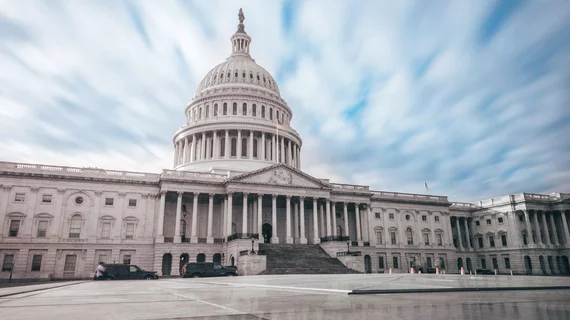ACR voices support for bipartisan proposal to address surprise medical bills
The American College of Radiology (ACR) is standing up to be counted among supporters of a bipartisan bill aimed at keeping healthcare consumers from suffering post-care sticker shock.
The organization released a statement Thursday expressing its backing of the Protecting People From Surprise Medical Bills Act released that day by Representatives Raul Ruiz, MD (D-CA), Phil Roe, MD (R-TN), Joseph Morelle (D-NY), Van Taylor (R-TX), Ami Bera, MD (D-CA), Larry Bucshon, MD (R-IN), Donna Shalala (D-FL) and Brad Wenstrup (R-OH).
According to the statement, the outline strikes a “necessary balance” between patient, physician and policymaker concerns about the impact of unanticipated medical bills on out-of-pocket costs incurred by patients and the relationship between patients and their physicians.
This, the ACR said in the statement, is accomplished by “providing strong patient protections, while simultaneously improving transparency, promoting access to appropriate medical care, and avoiding the creation of disincentives for insurers and health care providers to negotiate network participation contracts in good faith.”
The final legislation, which according to Ruiz’s website is expected to be introduced sometime in the coming weeks, would protect patients from unfair unanticipated medical bills by using a neutral, evidence-based arbitration system to resolve payment disputes between insurers and providers.
In keeping with the legislation, out-of-network (OON) providers would be prohibited from “balance-billing” patients for unexpected OON care, including OON imaging or lab services ordered by an in-network (IN) provider; OON post-emergency care when the patient cannot travel without medical transport; emergency care at IN and OON facilities; and scheduled anticipated care with unanticipated OON providers.
“The College firmly believes that a solution built upon proven concepts of existing statutes in the states, such as New York, appropriately balances the interests of stakeholders while leaving patients out of the middle,” the ACR concluded in the statement. “The College is committed to working with Congress to advance a sensible approach to this critical issue.”
